On Monday evening, Boeing will make its first attempt to launch a crewed flight of its Starliner capsule and carry two astronauts to the International Space Station. If successful, this flight will break a four-year monopoly during which Elon Musk’s SpaceX has been the only U.S. launcher to send astronauts into orbit.
Of all the companies in the news at the moment, Boeing probably ranks dead last in terms of favorable public opinion. After a portion of a 737 Max blew out in midair, leaving a gaping hole in the cabin, many people are reluctant to get on a plane made by Boeing, much less trust in a spacecraft that had what was widely seen as a disastrous first test flight. The long-delayed Starliner is showing up years late and hugely over budget. Meanwhile, SpaceX is celebrating its eighth delivery of astronauts to the space station using the Crew Dragon.
The first crewed Starliner flight’s success is critical to Boeing’s future, but it may also be critical to NASA’s future—and Elon Musk’s as well. Because as long as Musk controls the only taxi to space, it’s hard for anyone to hold him accountable.
Boeing’s Starliner flight on Monday is coming nearly nine years after Boeing’s original prediction, and its importance is hard to overstate. Though NASA is still quietly buying rides on Russia’s Soyuz rocket in exchange for ferrying Russian cosmonauts on Crew Dragon, no one is exactly thrilled about Vladimir Putin as the only alternative to Elon Musk. Another U.S.-based option is desperately needed.
Boeing might not be the partner anyone would ask for right now, but they are the partner with a ship that finally seems to be ready. Being able to get astronauts back and forth to the ISS, and to any other orbital missions that arise, without having to ring up Musk or Putin will be a huge relief for NASA.
Musk’s racism, sexism, general bigotry, conspiracy theories, and siding with autocrats have led to suggestions that NASA should reduce SpaceX contracts and even generated calls for SpaceX to be nationalized. But while Musk has the only space station seats for sale, NASA is forced to walk on eggshells. It’s hard to play tough with the guy who has your spaceballs in a vise.
The continued success of SpaceX’s low-cost Falcon 9 rocket has upended the rocket industry. Formerly, launch vehicles were costly, high-precision, and rare. Their nine-figure price tags didn’t keep them from being single-use items. But SpaceX has treated rocket flight more like interstate trucking and Falcon 9’s recoverable first stage has drastically reduced prices, opening the market for launches.
It has also put Elon Musk in the position of owning over one-half of the satellites in orbit.
Other companies, from existing launchers like United Launch Alliance and Rocket Labs to startups like Stoke Space and Jeff Bezos’ Blue Origin, are hustling to produce new rockets that can be more cost-competitive with Falcon 9 by recovering some or all of the launcher. Meanwhile, Musk is pressing forward with test launches of the massive Starship, which threatens to radically change the space industry for a second time.
Boeing’s Starliner is a small step toward preventing the space over our heads from being fully controlled by a single erratic billionaire. But at least it’s a step.
The Starliner’s first crewed launch is scheduled for 10:34 PM EDT on Monday. The flight will carry experienced NASA astronauts Butch Wilmore and Sunita “Suni” Williams to the International Space Station, where they are expected to stay a few days before returning to Earth. Unlike SpaceX’s Crew Dragon, which splashes down at sea, Boeing’s Starliner is designed to land on solid ground using a system of cushioning airbags.
#Boeing #break #Elon #Musks #monopoly #sending #astronauts #space
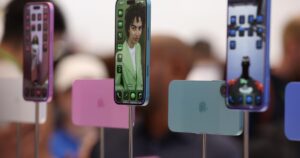






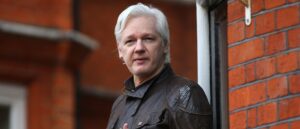

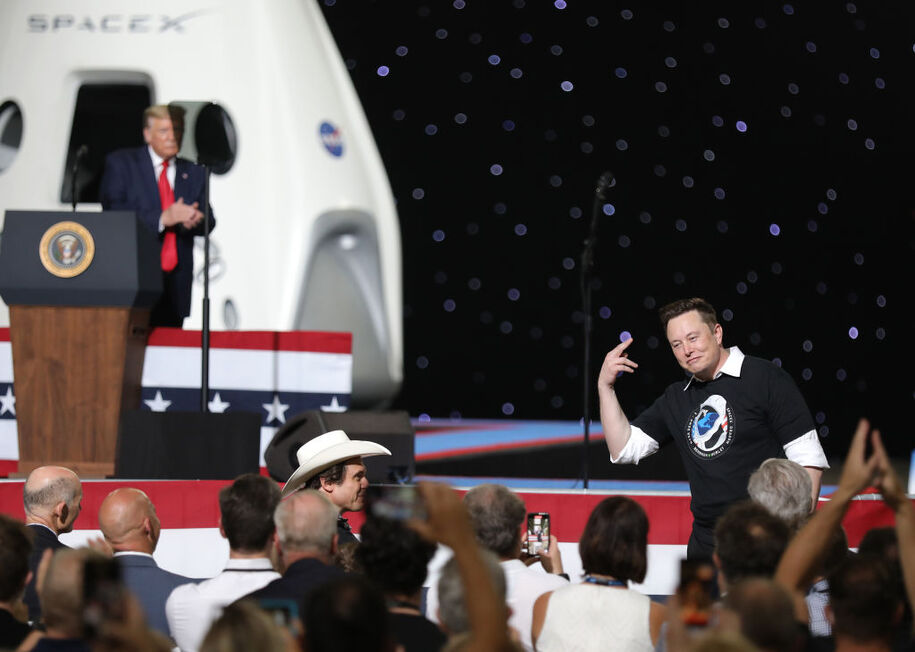

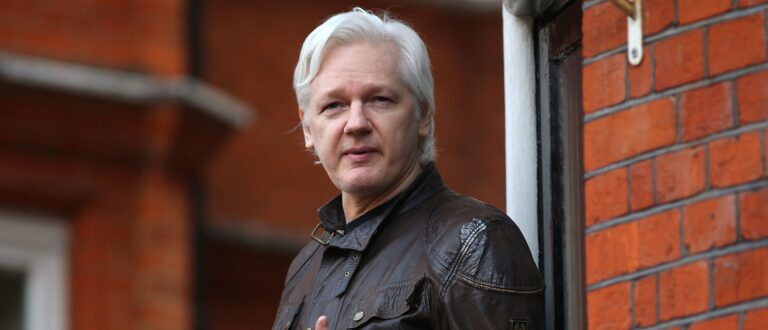
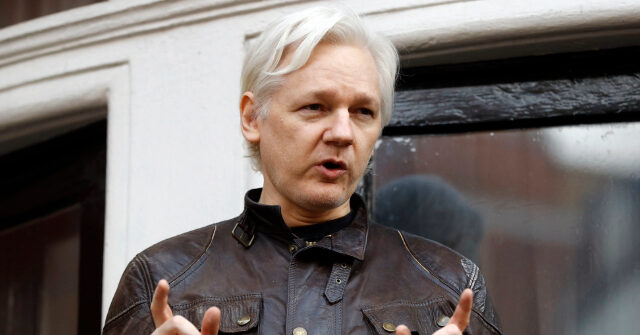
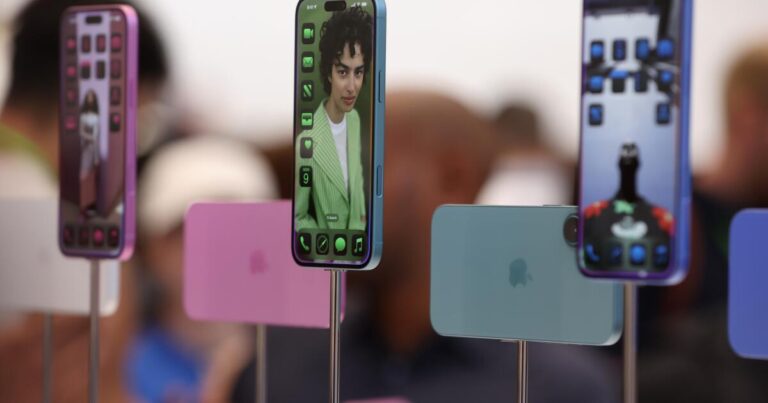

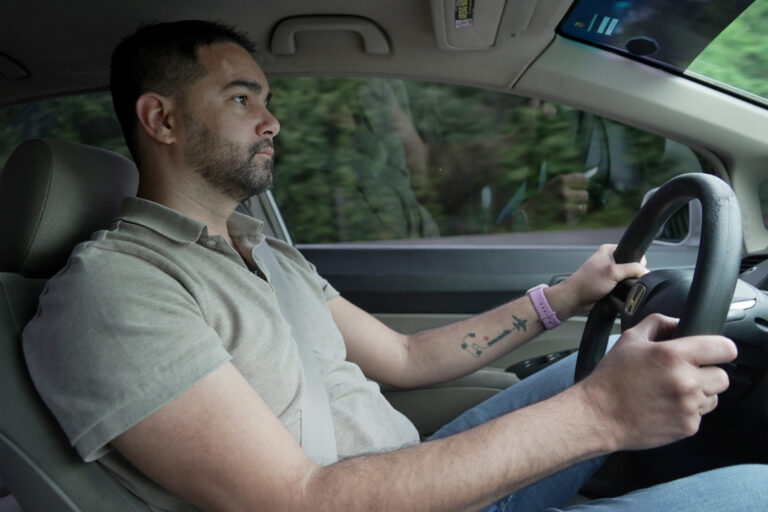



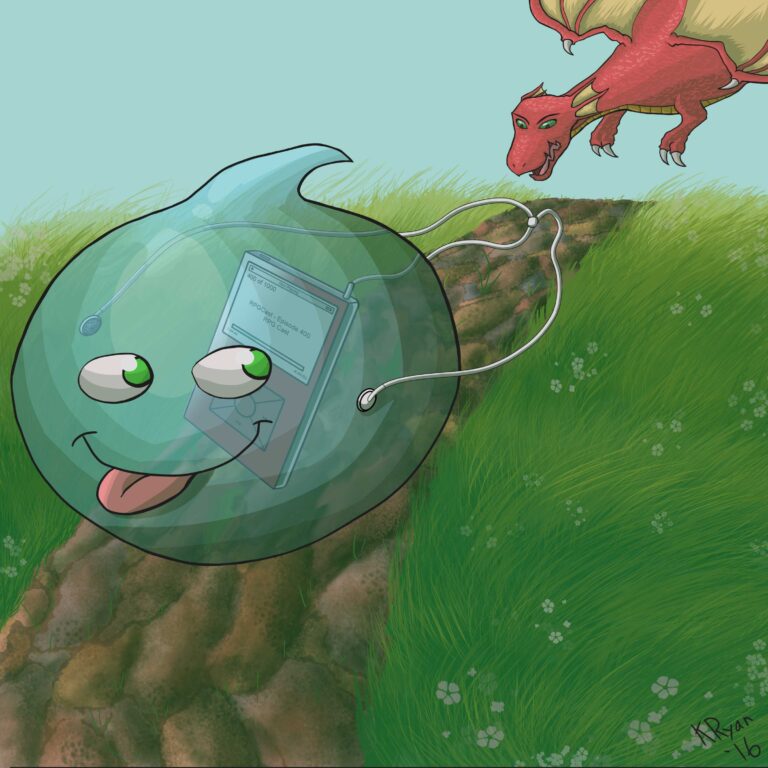
+ There are no comments
Add yours